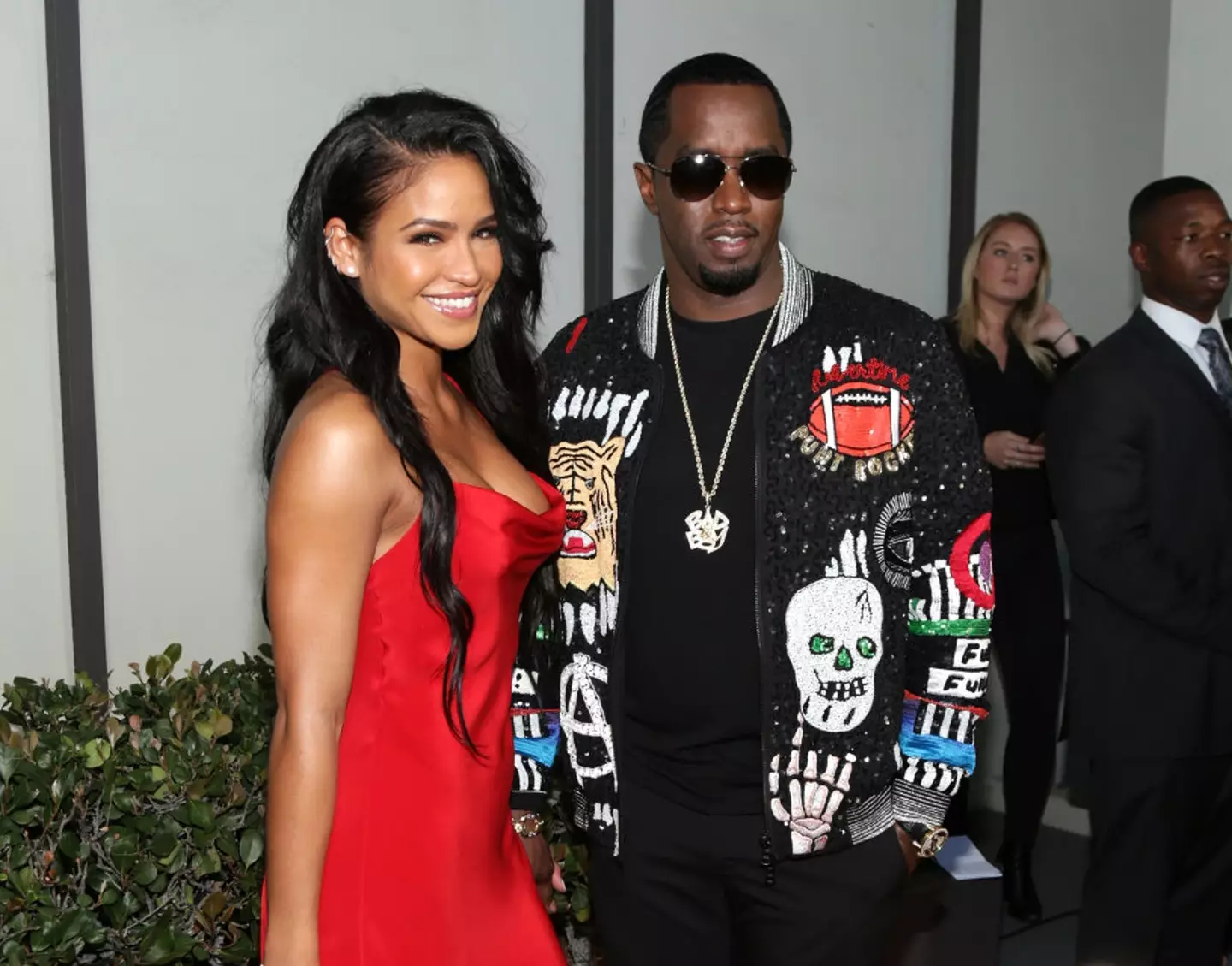The jury in Sean ‘Diddy’ Combs’ trial edges closer to a verdict, but remains undecided on one significant charge.
The renowned music figure stands accused on five federal counts, including racketeering conspiracy and sex trafficking by force, fraud, or coercion.
Combs has consistently denied any wrongdoing related to the charges.
Over a 28-day period, evidence was presented from various witnesses, such as Diddy’s former partner Cassie Ventura, ex-employees, and even hotel staff.
Interestingly, Diddy chose not to testify, and his defense team refrained from presenting any witnesses.
After deliberating, the jury reported on Tuesday (July 1) that they had reached a partial verdict after 12 hours of discussions.
The jury’s note stated: “We have reached a verdict on counts 2, 3, 4 and 5.”

This verdict pertains to the two sex trafficking allegations and two counts of transportation for prostitution.
The note further explained: “We have not reached a verdict on count 1 because we have unpersuadable jurors on both sides.”
This unresolved count involves the serious charge of racketeering conspiracy under the Racketeer Influenced Corrupt Organizations (RICO) Act. Initially aimed at mafia cases, this statute now has broader applications.
In this case, the indictment alleges Diddy used his businesses, like Bad Boy Records, as a means to pursue personal desires and maintain his reputation while hiding his actions.
After the note was presented in court, both the prosecution and Combs’ attorney, Marc Agnifilo, expressed to the judge their desire to avoid accepting a partial verdict.

Agnifilo addressed the judge, stating: “It’s our request that you tell the jury to keep deliberating, and don’t take the partial verdict.”
This led the judge to issue what is known as an Allen charge. As explained by the Fully Informed Jury Association, this is a set of instructions given to encourage jurors in the minority to reconsider their stance in light of the majority view, aiming for consensus.
This procedure, named after the 1896 Supreme Court case Allen v United States, is permissible as long as the instruction remains non-coercive.

Jurors, however, are not obliged to change deeply held views simply to achieve a unanimous decision.
If, after further deliberations, jurors remain unable to reach a unanimous conclusion, they inform the judge of being ‘hung’ or deadlocked.
The judge might repeat or alter the Allen charge, but if unanimity remains elusive, a mistrial is declared, ending the proceedings without a conclusive outcome. Typically, a new trial is then scheduled.
The jury’s discussions in the Diddy case are set to resume on Wednesday morning at 9 am (July 2).
If Combs is convicted on all counts, he faces the possibility of a life sentence.

